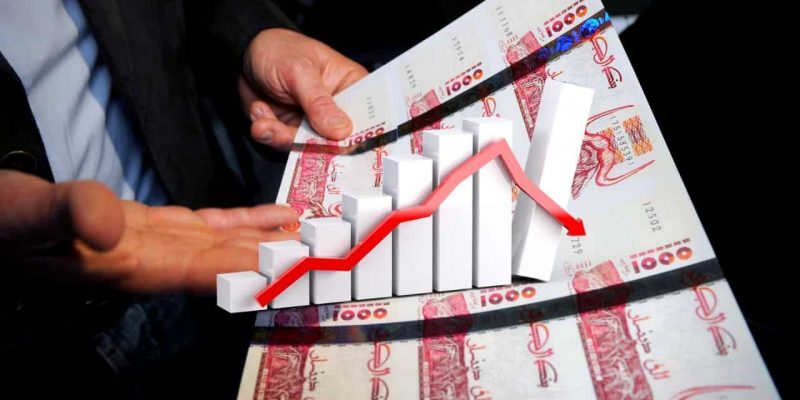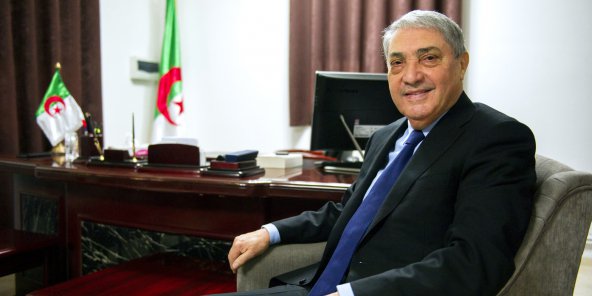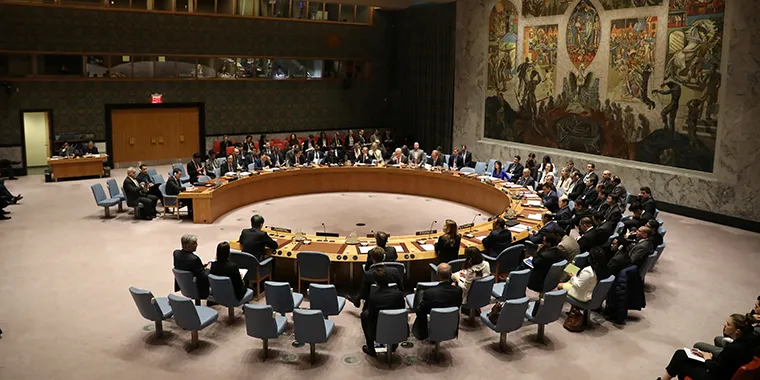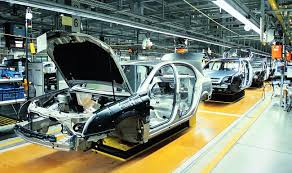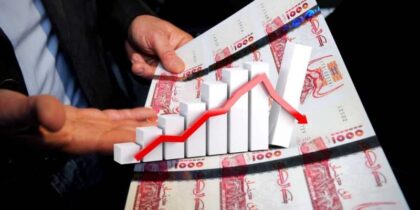 The Algerian economic model, which is depending heavily on oil & gas revenues, is seemingly crumbling. The new financial realities have shown that its former decade’s high spending is no longer possible with the rapidly depleting state coffers and widening deficit.
The Algerian economic model, which is depending heavily on oil & gas revenues, is seemingly crumbling. The new financial realities have shown that its former decade’s high spending is no longer possible with the rapidly depleting state coffers and widening deficit.
Hit hard by a sharp drop in oil prices on the international and the global coronavirus lockdowns, the Algerian government decided on Sunday to slash by 50 pc the 2020 state budget.
This is its second cut decided in a month. Following the oil prices crash in March, which was exacerbated by the outbreak of the coronavirus, Algerian authorities decided to cut spending by 30 pc and halt investment in various planned projects.
According to latest World Bank outlook, Algeria’s GDP growth dropped to 0.9 pc in 2019, compared to 1.4 pc during the previous year. The country is facing a combined shock from halving oil prices, a public health crisis and the consequences of global economic disruptions following the covid-19 outbreak.
A sharp decline in export revenues (-51 pc) will lead the trade deficit to expand to 18.2 pc of GDP and the current account deficit to peak at 18.8 pc of GDP in 2020, says the WB.
Algeria GDP is expected to shrink by 3 pc, because of contracting private consumption and investment, as well as falling public investment, which represents 44 pc of total investment, adds the World Bank in its forecast.
Covid-19 lockdown measures, including restriction on movement and gatherings, combined with high economic uncertainty, will also affect consumption and investment, warns the World Bank.
The Algerian president has however ruled out, in an interview with Algerian media, the resort to foreign debt to deal with the crisis.
Many analysts say only a miracle could vindicate the President’s claim of dealing with the crisis without foreign loans or money printing.
Actually, to avoid foreign debt, Algeria has by the past resorted to money printing sending its currency to steep devaluation and causing high inflation.
The foreign exchange reserves of the OPEC member country are expected to fall to $44.2 billion by the end of 2020, covering a year of imports, and in the best case scenario to drop to below $12 billion in 2021. The current reserves of Algeria are estimated at $60 billion, down from $72.6 billion in April last year and $180 billion in 2014.
Algeria would need at least a barrel price of 150 dollars to balance a budget burdened by subsidies. For a population that has been used for decades of state largess with a very weak private sector and low diversification, any austerity measure could be faced with fierce street opposition.
Currently, Algeria sells its benchmark barrel, Sahara Blend, below the production cost at 11.72 dollars per barrel.
In his interview, the president also stressed the need for diversifying the economy, away from oil by promoting the extraction of minerals such as gold, diamonds and uranium but he forgot to mention that Algeria needs to work on securing its territories first against terrorism to encourage international investments in its mining sector.
The 51/49 rule which stipulates that 51% of the shares of Algeria-based companies must be owned by the state or Algerian nationals as well as the country’s under-developed banking system make Algeria one of the most business unfriendly countries in the world.
He said he will ban any import that can be produced in Algeria and cited agriculture as an example. But overthrowing decades of failed industrialization policy where the state is the main actor which relegated agriculture to a lower rank would require tremendous resources that Algeria lacks.
